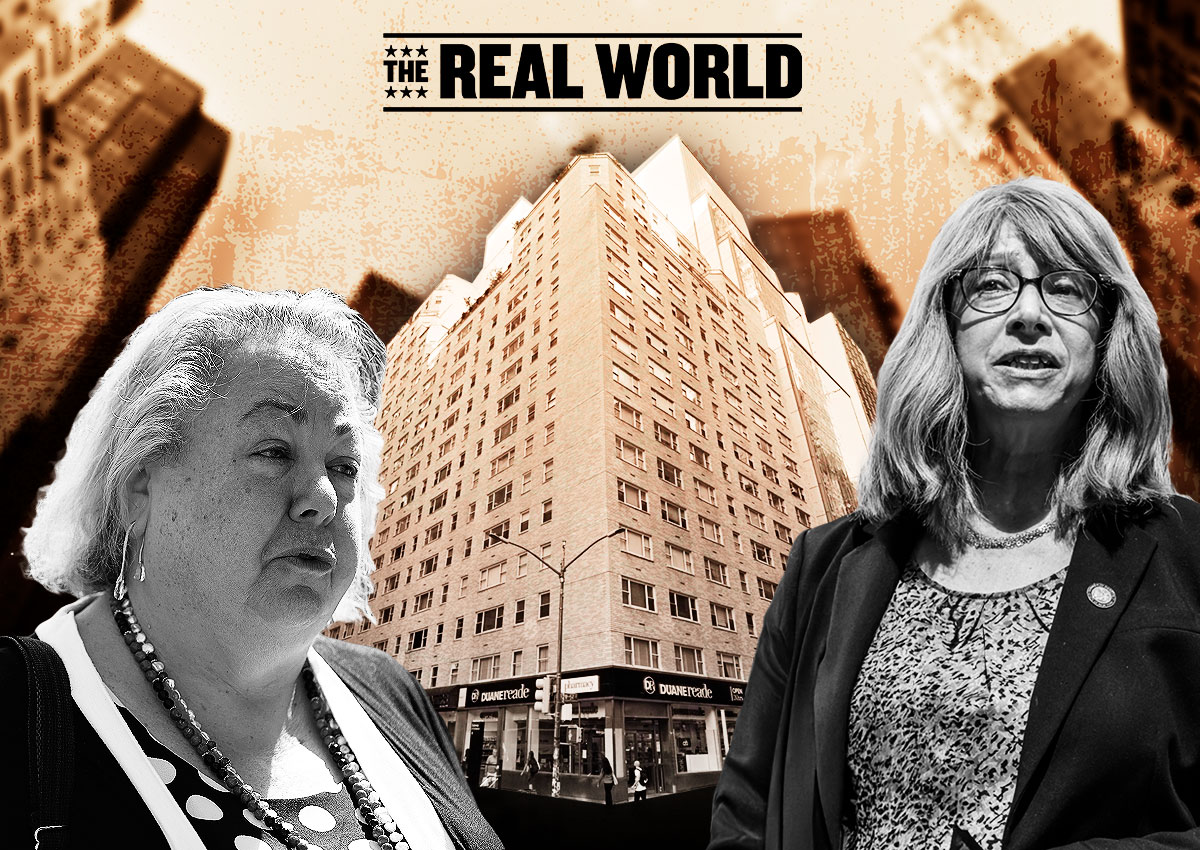I
n the high-stakes world of Manhattan real estate, a peculiar phenomenon has emerged. Billionaires' Row apartments are being snapped up at bargain prices, with some units selling for as little as $250 per square foot. The reason behind these rock-bottom deals? These co-ops don't own their ground beneath them. Instead, they pay rent to the landowners, David Werner Real Estate and Rubin Schron's Cammeby's International Group.
For those who bought in at these low prices, it's a windfall waiting to happen. Take Tom Magnani, Joseph Nelesen, and Tatiana Panchenkova, for instance. They've all purchased units in Carnegie House, the co-op at 100 West 57th Street, where prices have plummeted due to its unique ground lease arrangement. When the lease resets this year, monthly dues will skyrocket – but these three buyers won't be affected.
However, not everyone is celebrating. Unit owners at Carnegie House and over 100 other co-ops with similar ground leases are pushing for a bill that would impose rent control on their landowners. This move would instantly devalue the land and inflate the value of the apartments above – a transfer of wealth from ground owners to unit owners.
The beneficiaries of this legislation include investors like Magnani, Nelesen, and Panchenkova, who can now reap the rewards of their low-priced purchases. The Georgetown Company, which owns the retail space at Carnegie House's base, has even hired a lobbyist to push for the bill. Meanwhile, ground owners like Schron and Werner are fighting back with their own team of lobbyists and lawyers.
The measure passed the Senate Judiciary Committee in a narrow 10-9 vote, despite opposition from the real estate industry. Backers argue it would prevent large increases in monthly dues that could force longtime owners to sell – but critics claim it's a handout for investors at the expense of landowners.
"This is a very dangerous thing," warns Jay Neveloff, a longtime real estate lawyer. "If you bought [a unit] for $400,000 and now it's worth $1 million, you won." Opponents also point out that the bill would undermine mortgages on affected buildings and create a "black hole" of uncertainty.
As negotiations between ground owners and shareholders continue, one thing is clear: this legislation has the potential to reshape the Manhattan real estate landscape. Will it be a boon for investors or a poison pill for the industry? Only time will tell.














